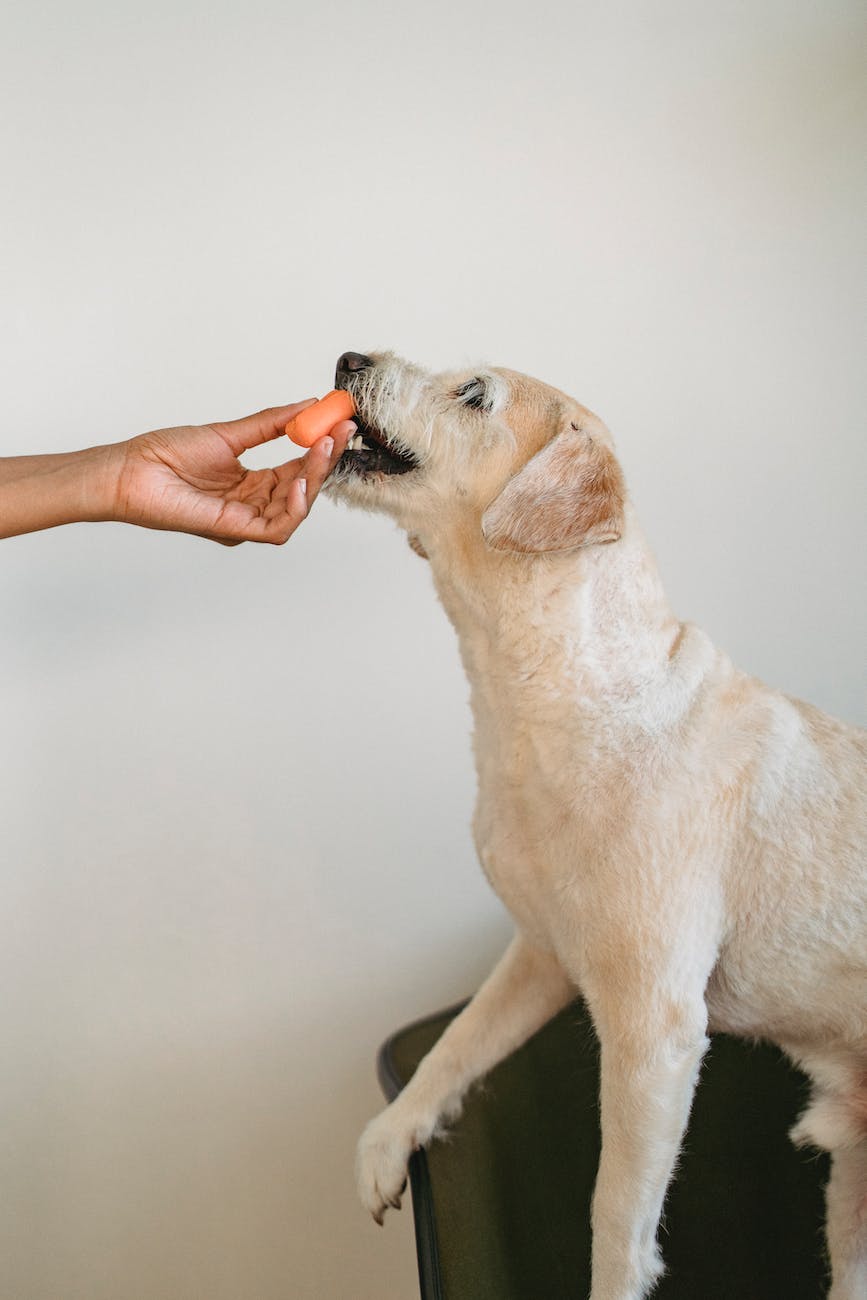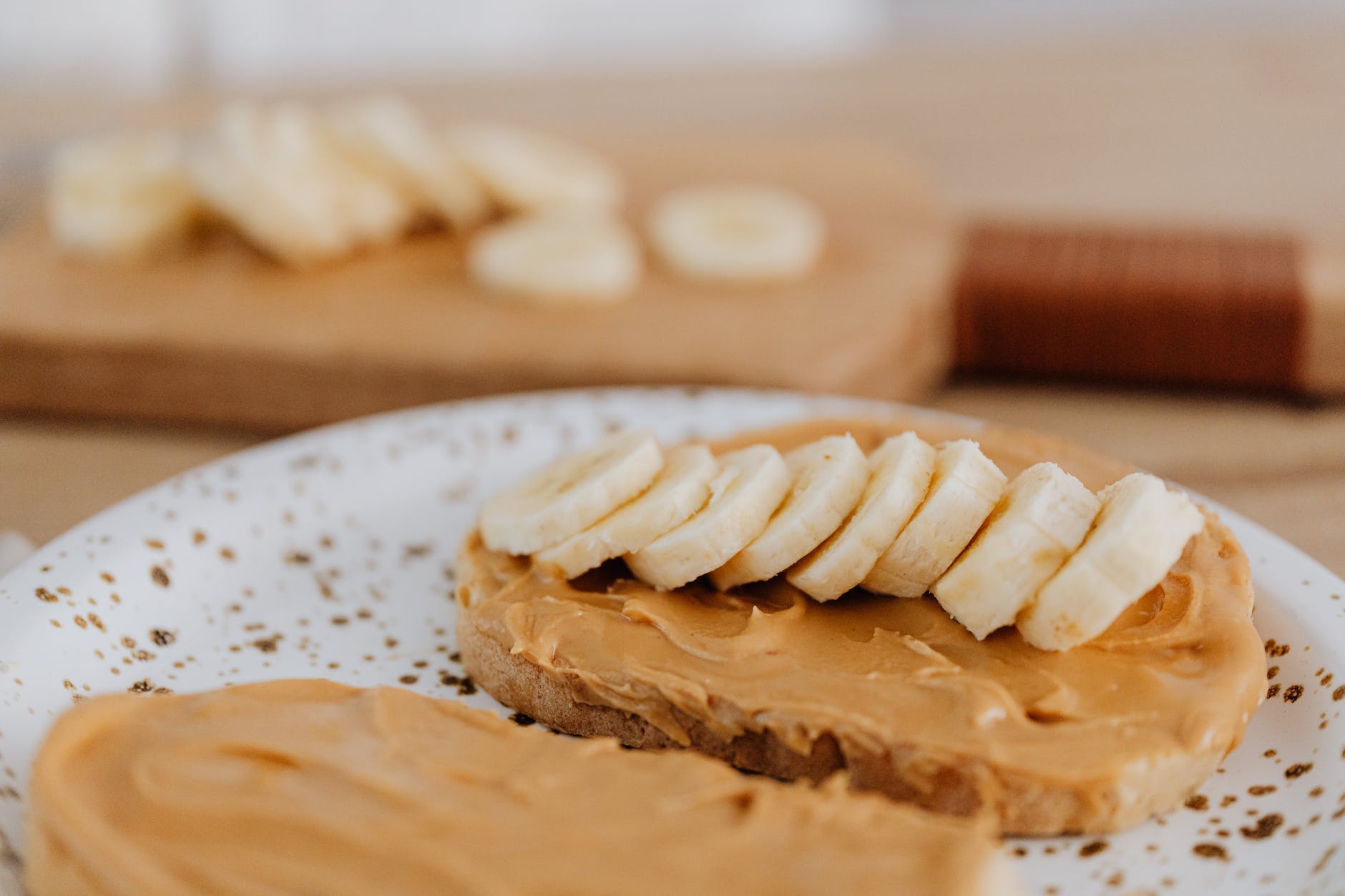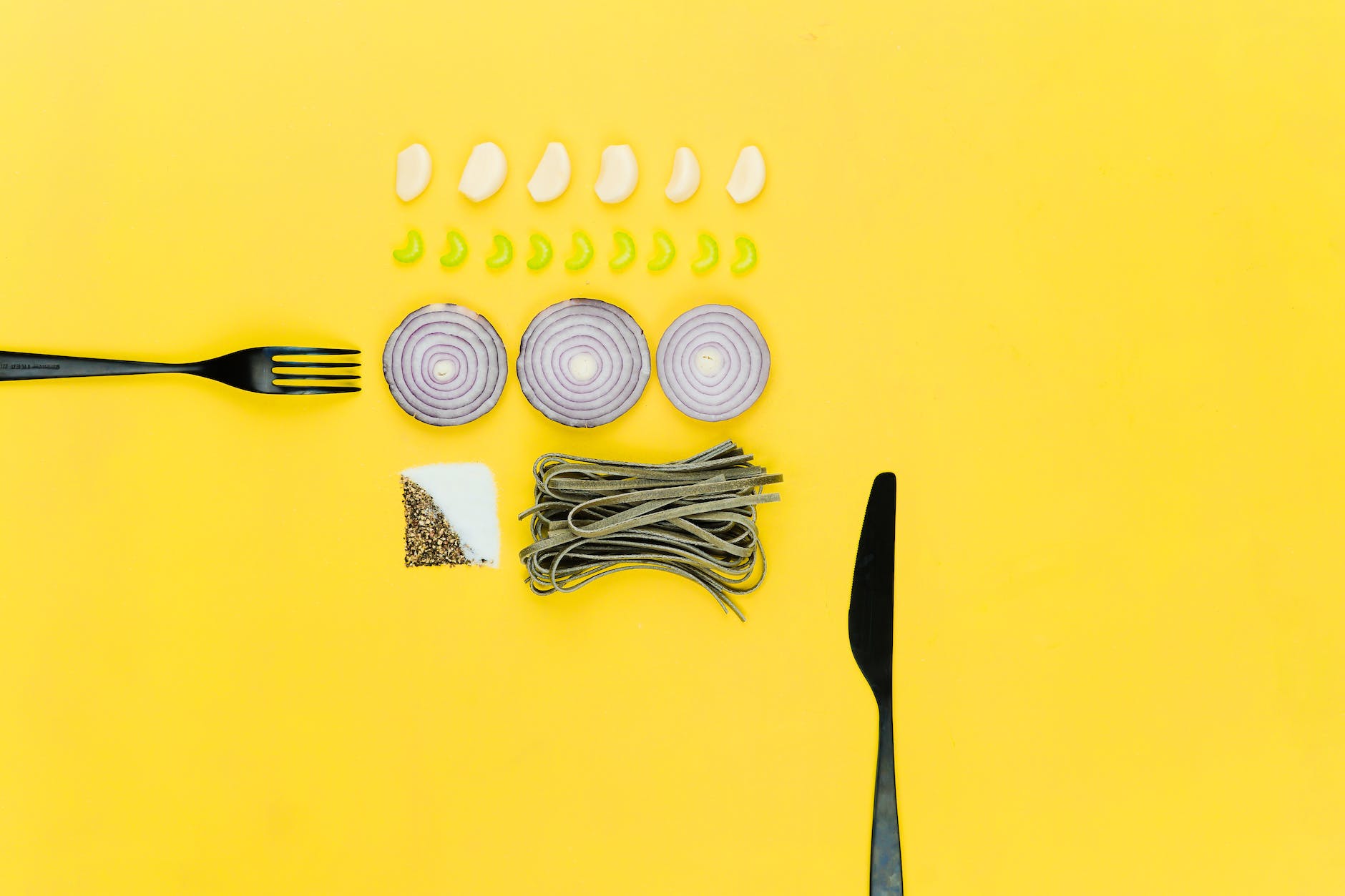Dogs’ digestive processes differ from those of humans. Some human foods that are okay for humans may be detrimental to dogs.
This article discusses what foods we eat are good and safe for dogs and which ones they should avoid.
It is critical to understand that this will vary depending on the dog.
What human foods may dogs consume?
Many foods that are suitable for humans are also safe for dogs. They should, however, be used in moderation.
Carrots
Carrots are a nutritious food for dogs. Carrot chewing can help remove plaque from teeth and improve optimum dental health.
Carrots are also a wonderful source of vitamin A, which benefits a dog’s immune system, skin, and coat.

Apples
Apples are high in vitamins A and C, as well as dietary fiber, which can help regulate a dog’s digestion.
However, a 2001 study by Trusted Source discovered that eating decaying apples can cause alcohol poisoning in dogs.
White Rice
If your dog has an upset stomach, it may benefit from cooked, plain white rice. It is easy to digest and aids with stool binding.
White rice, on the other hand, can cause blood sugar levels to rise Trusted Source. Diabetes-prone dogs should consume it in moderation.
Milk and dairy products
In modest amounts, dairy products such as milk, cheese, and plain yogurt may be okay for dogs to consume.
However, consuming too much dairy can create stomach issues. This is due to dogs’ low lactase levels.
Lactose-intolerant dogs should avoid dairy products. Diarrhea or vomiting after consuming dairy products are symptoms of lactose intolerance.
Fish
Salmon, shrimp, and tuna are all healthy to feed to dogs and are high in protein.
Salmon and tuna have high omega-3 fatty acids, which may provide health benefits for dogs, such as supporting a strong immune system.
Shrimp’s B vitamins can also benefit a dog’s digestive tract and encourage healthy blood circulation.
You shouldn’t feed your dog raw fish because raw fish might carry deadly parasites.
Chicken
When a dog’s stomach is upset, plain, cooked chicken with no flavor is an excellent option.
The peanut butter
In moderation, dogs can consume unsalted peanut butter with no added sugar or sweeteners.
Peanut butter is high in nutrients such as vitamins E and B, niacin, healthy fats, and protein.
However, it is critical to ensure that the peanut butter does NOT include xylitol, a sweetener that is particularly poisonous to dogs. Trusted Source.
Anyone who fears their dog has consumed xylitol should contact a veterinarian or the Animal Poison Control Center (APCC).

Plain popcorn
According to the Animal Kennel Club (AKC), plain popcorn can be a nutritious treat for dogs.
Popcorn contains nutrients such as magnesium, zinc, and phosphorus, all of which are essential for the health of dogs.
Make certain that your dog does not consume any unpopped popcorn kernels since this could cause them to choke.
Pork
According to the AKC, dogs can consume unseasoned, cooked pork.
They should, however, eat only small amounts of pork. The high fat content makes it difficult for dogs to digest. When dogs consume food with high-fat contents, it can lead to inflammation and pancreatitis.
Because of the high salt content, avoid feeding dogs bacon or processed ham.
Turkey
Dogs can eat cooked turkey, but it should be basic and unseasoned. Turkey is a good source of protein in many commercial dog diets.
Remove the fat from cooked turkey before giving it to your dog. In dogs, too much fat might induce pancreas problems.
Blueberries
Blueberries are safe to feed to dogs and are high in fiber, antioxidants, and phytochemicals.
Antioxidants may have numerous advantages.
Trusted Source for dogs, such as lowering oxidative stress, disease and disorder risk, and age-related concerns.
Bananas
Bananas are high in magnesium, which is essential for bone health.
Due to their high sugar content, bananas should only be used as a treat for dogs on rare occasions.
Cucumbers
Cucumbers are a low-calorie, safe snack for dogs, and they can be a suitable option for overweight dogs.
Cucumbers are also high in vitamins and minerals, such as vitamin K.
Green Beans
Plain green beans are a nutritious snack for dogs. They contain protein as well as calcium, iron, and vitamin K.
Green beans can be fed to dogs, either cooked or raw. To avoid choking, avoid flavoring them and break up the beans first.
A person should see a veterinarian to determine whether their pet requires additional fiber in addition to what is already in their diet.
Watermelon
Watermelon is healthy for dogs to consume. However, it is critical to remove all of the seeds beforehand, as they can cause bowel blockage.
According to the AKC, chewing on the rind can also induce stomach distress.
Watermelon has a lot of water, so it can help dogs stay hydrated. It is also high in vitamins A, C, and B-6.
Coconut items
According to the AKC, coconut oil and meat may offer various advantages for dogs, including lowering inflammation, stimulating the immune system, and benefiting the skin.
According to a 2018 study, coconut oil supplementation may also help lessen seizures in dogs with idiopathic epilepsy.
Before initiating any form of seizure control program, it is recommended that you contact a veterinarian.
Which foods are harmful to dogs?
Some human-safe meals can create issues or diseases in dogs.

Anyone who fears their dog has eaten something harmful should contact their veterinarian or the APCC right away.
Avocado
Avocados contain a compound known as persin. This may be harmful to dogs, causing vomiting, diarrhea, and cardiac damage, according to the AKC.
However, according to a 2022 study, Trusted Source, avocado meal (AMD) may be a good source of nutritional fiber for dogs. AMD is a consequence of the avocado oil production process, with persin levels that are too low to detect.
Nonetheless, more research is required.
Cherries
Cherry pits contain cyanide, which is toxic and can be very toxic to the cardiovascular system. If a dog swallows them, they might become a choking threat or obstruct the intestines.
Caffeine, chocolate, and coffee
Dogs should never be given chocolate, coffee, or anything else containing caffeine.
These goods contain methylxanthines, which are extremely hazardous to dogs Trusted Source. The chemicals can cause vomiting, irregular heartbeat, seizures, and, in extreme cases, death.
There are chocolate treats for dogs, but they contain a specific chocolate alternative that is safe for them to eat.
Grapes and raisins
Dogs are particularly harmful to grapes, raisins, sultanas, and currants. They can result in kidney failure and, in severe situations, death.
Avoid offering dogs any products containing these foods, such as fruit cake or malt loaf.
Fruits of citrus
Citric acid is found in citrus plants and their fruits, such as oranges and lemons. While some dogs can tolerate tiny amounts of peeled fruit, others may experience gastrointestinal discomfort.
Citric acid, in sufficient levels, can cause nervous system depression.
Cinnamon
According to a 2012 study, cinnamon may have potential cardiac advantages for dogs. However, according to the Pet Poison Helpline, excessive cinnamon consumption may result in inflammation
- trouble breathing
- vomiting
- hepatic disease caused by diarrhea
The macadamia nut
These nuts are poisonous to dogs and can result in symptoms such as
- weakness (especially in the hind limbs)
- depression
- Tremors after vomiting
- hyperthermia
- stomach ache
- stiffness
Toxic symptoms may appear 12 hours after swallowing macadamia nuts.
Vanilla ice cream
Some canines may have a lactose allergy or intolerance. If they consume it, they may develop symptoms such as itching.
Garlic, onions, and chives
Allium is the genus name for onions, garlic, and chives. They include organosulfoxides, which are poisonous to dogs and may result in
- vomiting
- diarrhea
- stomach ache
- anemia
- a fast heartbeat (tachycardia)
- jaundice

Undercooked or raw meat
Raw meat may include microorganisms that cause food poisoning in canines and people, including:
- Escherichia coli Salmonella
- Listeria Clostridium monocytogenes
- enterotoxigenic Staphylococcus aureus is a kind of bacteria.
- Bacteria are killed by properly cooking the meat.
Although some manufacturers have advertised the benefits of raw meat for dogs, the Centers for Disease Control and Prevention Trusted Source advises against feeding raw meat to dogs since it can cause food poisoning.
Raw eggs
Cooked eggs are a high-protein source for dogs. According to the AKC, eating raw eggs may expose dogs to specific pathogens such as Salmonella or cause biotin deficiency.
Aside from food poisoning in dogs, several of the pathogens that pets can pick up from raw foods are transmissible to humans and can make them sick as well.
Salty foods
increased salt consumption in dogs can result in increased thirst and urine, as well as possible sodium ion poisoning.
This poisoning can cause vomiting, diarrhea, uncontrollable shaking, or tremors.
Seizures caused by high temperatures
Xylitol
Xylitol is a sugar replacement that is added to a range of human diets by manufacturers.
Xylitol, on the other hand, is extremely harmful to dogs. Xylitol can lead to possible liver failure and dangerously low blood sugar levels.
The bread dough
While bread, in general, is not harmful to dogs, the dough can be.
The dough has yeast, which can continue to expand inside the dog’s stomach, causing bloating and potentially hazardous consequences. The yeast also creates ethanol, which can result in alcohol poisoning.
Alcohol
Alcohol contains ethanol, which is extremely harmful to dogs and can cause a variety of catastrophic consequences, including coma and death.
To Conclude
Many human foods are healthy and healthy for dogs. However, these foods should be fed to dogs in moderation because excessive amounts might cause health problems.
The foods listed below are either typically safe to eat or dangerous and toxic.
